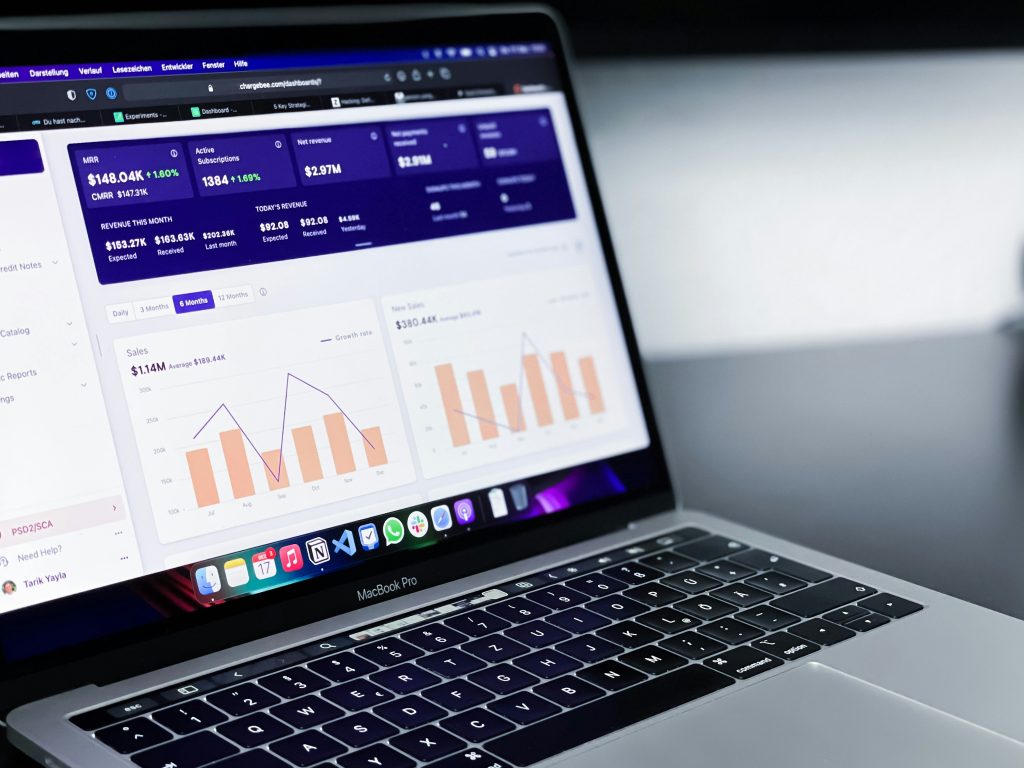
Introduction to AI Marketing: What It Is and How It Works
As competition grows across digital platforms, businesses are under pressure to market more intelligently, not just more aggressively. This is where AI marketing comes in.
By using artificial intelligence to analyse customer behaviour, automate decisions, and personalise messaging, AI marketing helps businesses optimise their campaigns, increase efficiency, and improve results, often with less manual work.
In this post, we’ll break down what AI marketing is, how it works, and the core technologies behind it.
What Is AI Marketing?
AI marketing is the use of artificial intelligence technologies to enhance and automate marketing tasks. These technologies allow businesses to analyse data, understand patterns, and make decisions — often in real time.
Instead of relying on guesswork or manual processes, AI systems learn from data to improve how campaigns are delivered, who they reach, and what messages are most likely to convert.
Common Applications of AI in Marketing
Here are some of the most common ways AI is being used in modern marketing:
1. Personalised Recommendations
AI systems analyse user behaviour to suggest products or content, like how Netflix or Amazon recommends what to watch or buy.
2. Automated Email Campaigns
AI helps optimise email timing, subject lines, and audience segmentation for better open and click rates.
3. Dynamic Pricing
Machine learning models adjust prices based on demand, competition, or customer behaviour, especially useful in e-commerce.
4. Customer Segmentation
AI can group users based on behaviour, preferences, or engagement levels for more targeted campaigns.
5. Chatbots and Virtual Assistants
AI-powered bots provide instant responses to customer inquiries, improving engagement and reducing support costs.
Technologies Behind AI Marketing
Several technologies work together to make AI marketing possible:
- Machine Learning (ML): Helps systems learn from user data and improve decisions over time.
- Natural Language Processing (NLP): Allows AI to understand and generate human-like text — used in chatbots, content generation, and customer interaction.
- Predictive Analytics: Analyses past data to forecast future outcomes, like which customer is most likely to buy.
- Data Mining: Finds hidden patterns in large sets of data to inform smarter marketing strategies.
- Computer Vision (for Visual Ads): Enables platforms to analyse visual content and optimise image-based campaigns.
Why AI Marketing Matters for Startups and E-Commerce
For small businesses and online stores, AI marketing isn’t just a “nice to have” — it’s a competitive edge. Here’s why:
- It saves time by automating repetitive tasks.
- It boosts ROI by focusing on what works, not guesswork.
- It scales easily, even for small teams.
- It helps personalise the customer experience, increasing trust and conversions.
Getting Started with AI Marketing
You don’t need to build your own AI tools from scratch. Many platforms offer AI-powered features that you can integrate into your marketing stack:
- Email Marketing Tools: Mailchimp, ActiveCampaign, Klaviyo
- Ad Platforms with AI Targeting: Google Ads, Meta (Facebook/Instagram) Ads
- AI Content Assistants: Jasper, Copy.ai, ChatGPT
- Customer Analytics: Mixpanel, Google Analytics with predictive insights
- E-commerce Personalisation: Shopify apps, Nosto, Dynamic Yield
Final Thoughts
AI marketing allows businesses of all sizes to work smarter, not just harder. Whether you’re running a growing e-commerce store or launching a startup, adopting AI can improve your marketing results, save you time, and deliver a better experience to your audience.
If you’re new to AI marketing, start small. Automate one process, track your results, and expand from there. The key is using AI to support your strategy, not replace it.